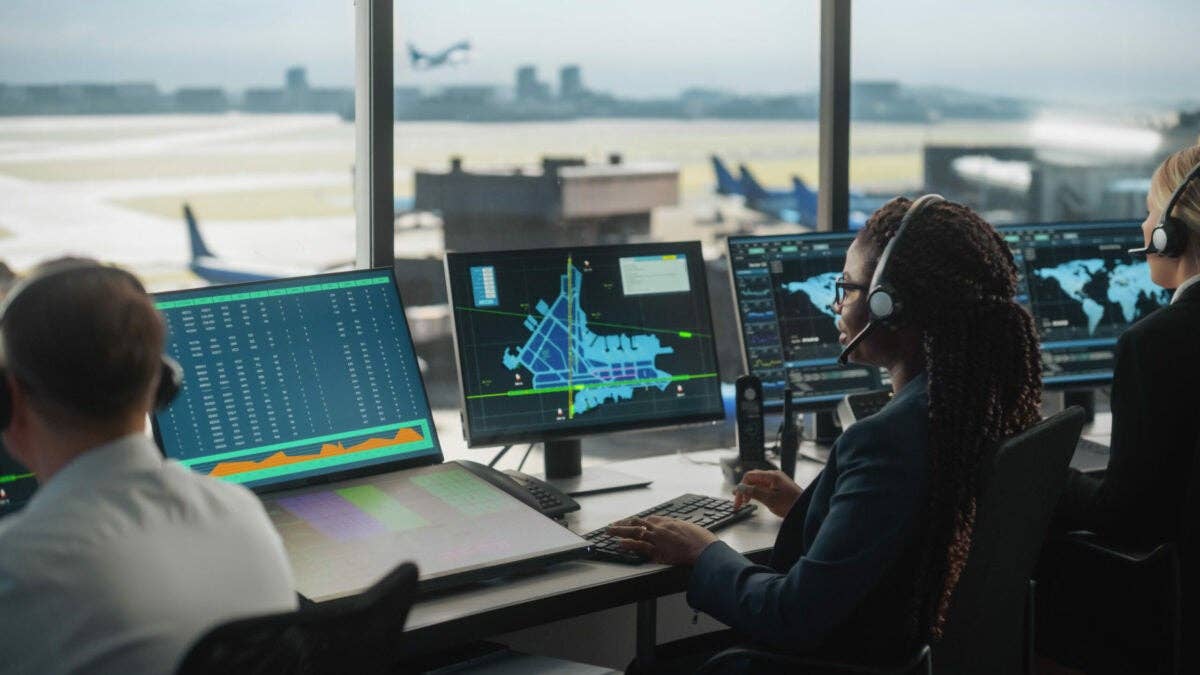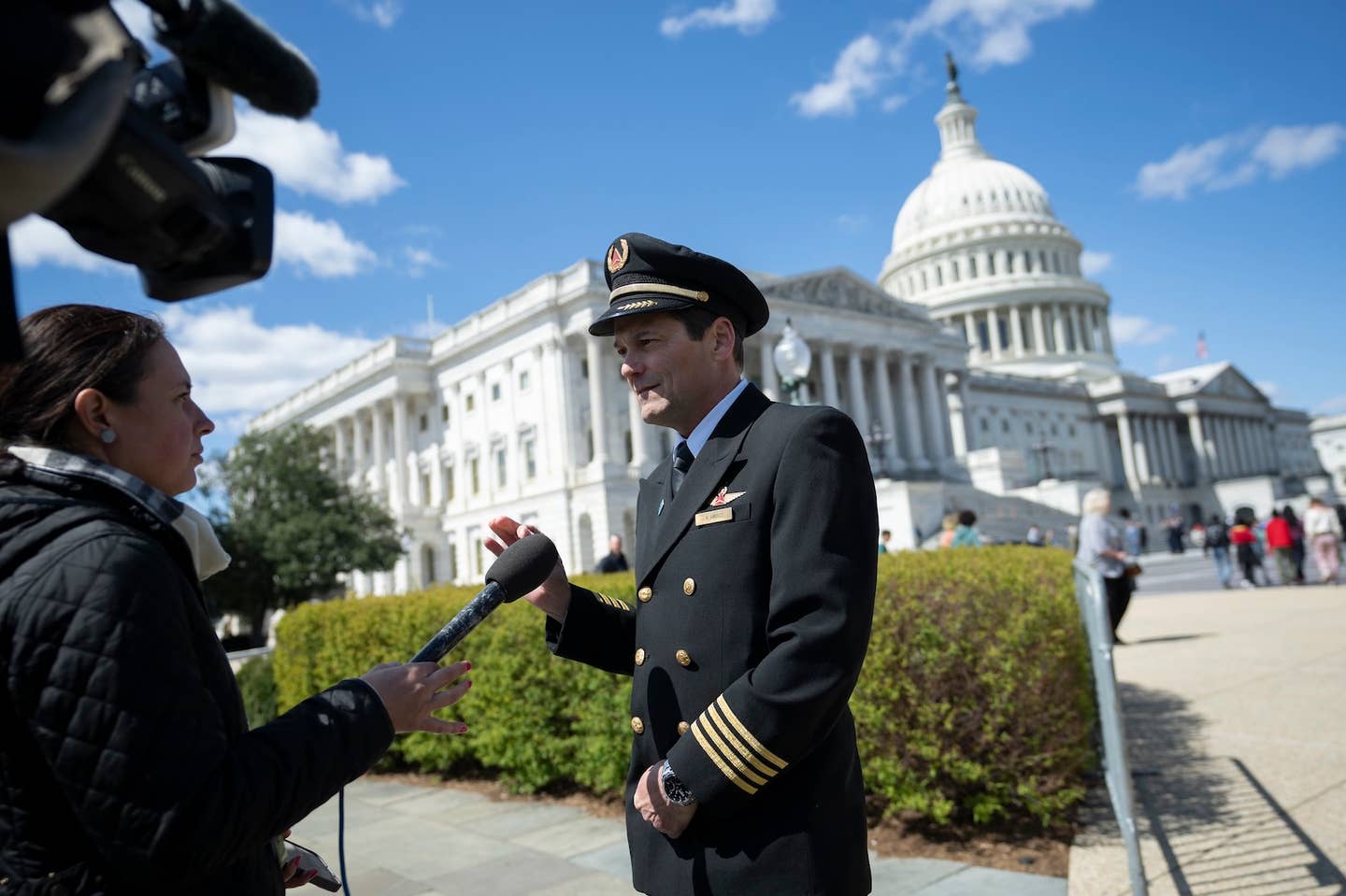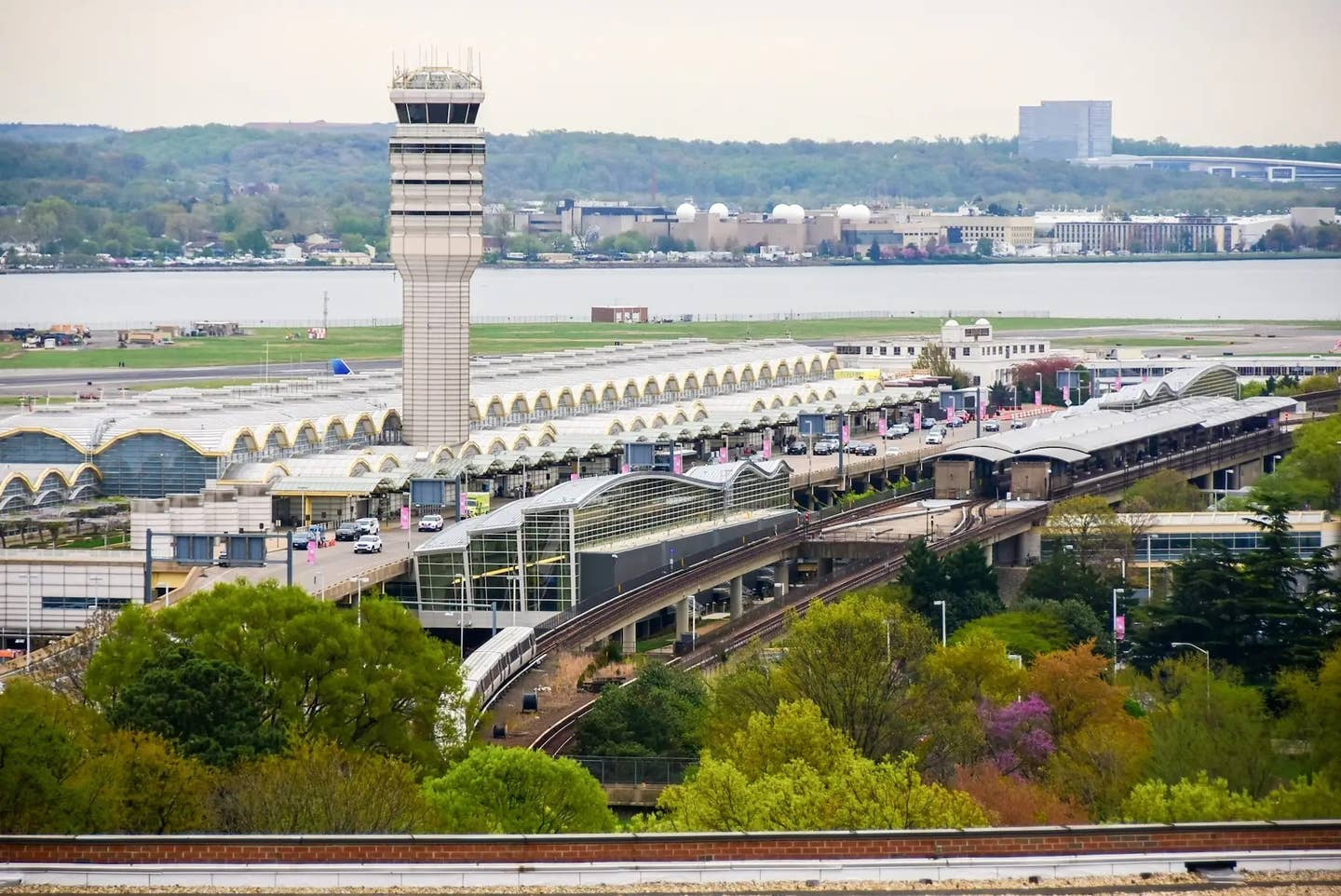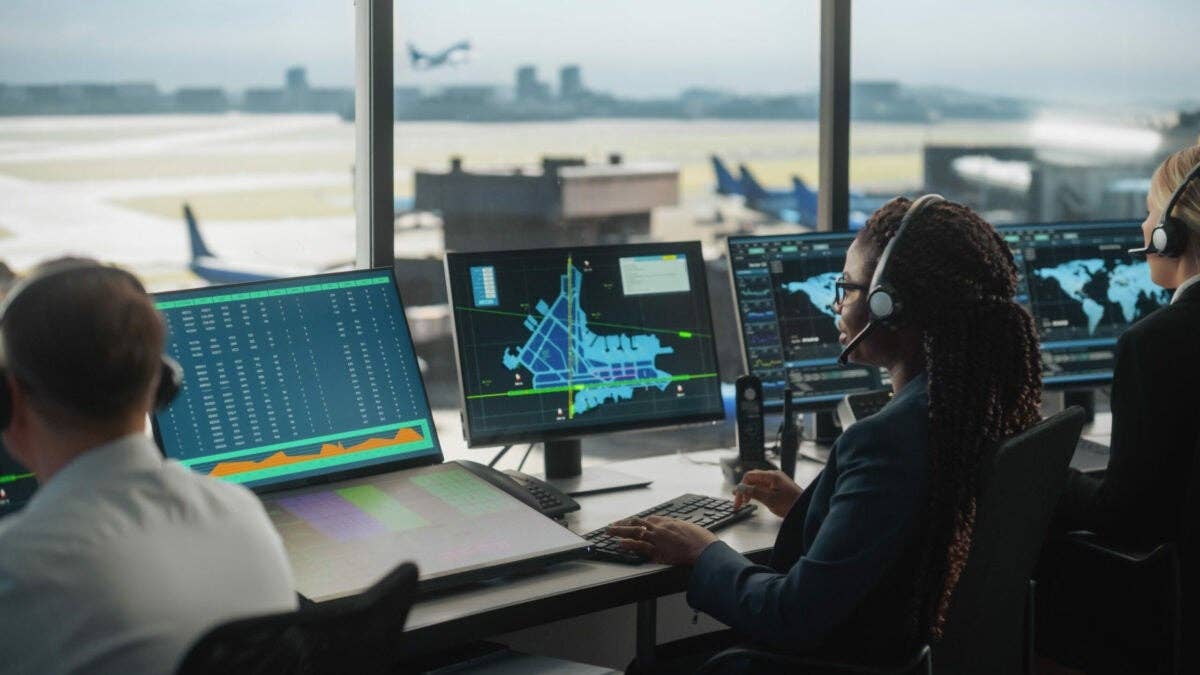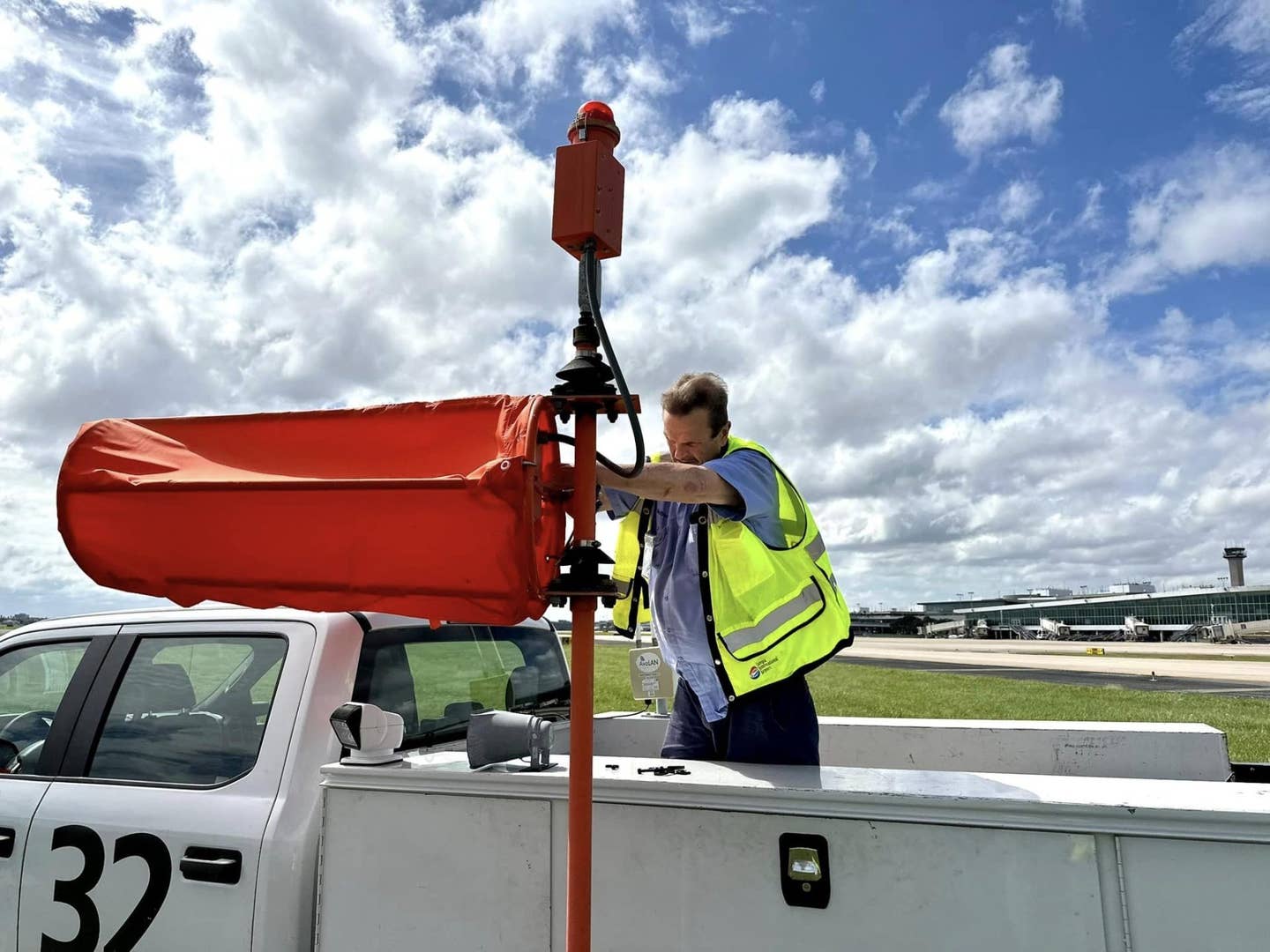
Program manager and neuroscientist Scott Grigsby led the semiautonomous motorcar (SAM) program for Ball Aerospace & Technologies Corp. Ball Aerospace
Director of Aerospace Program Management
Directors of aerospace program management lead major product and project-development programs, from satellite and communications systems to aircraft and avionics platforms. They work for aircraft or engine manufacturers, or defense, telecom or other aerospace-related employers. Directors are responsible for developing budgets and timetables and ensuring programs meet both.
A bachelor’s degree in astrophysics, aerospace engineering or a related field is typically required, as are professional engineer qualifications. A director’s average salary is about $145,000 per year (currently ranging from roughly $118,000 to $183,500), and is often boosted by bonuses and profit-sharing opportunities. More than 75 schools offer degrees in aerospace engineering, including Embry-Riddle Aeronautical University, Ohio State University, Purdue University and Oklahoma State University.
Aviation Attorney
Aviation attorneys deal with aviation legal issues ranging from policy and regulations to air-accident lawsuits. They may work for trade associations, government agencies or firms that specialize in aviation law, which is an extension of admiralty, or maritime, law. Four years of undergraduate studies and three years of law school are required to become an attorney, and grads must pass state bar examinations to practice law. Salaries are in line with other fields of law. In 2015, the median salary for a lawyer was $115,820, according to the Bureau of Labor Statistics, but pay varies widely based on geography; in the Washington D.C. area, aviation attorneys earn an average of about $219,000 annually. Learn about degree programs that include aviation law courses here.
Aviation/Aerospace Project Engineer
Aviation/aerospace project engineers are responsible for engineering aircraft, avionics, space vehicles and other aerospace projects so the completed product or program meets its design objectives. Project engineers ensure engineering work remains on budget and on schedule and use complex software tools to run calculations, model design options, and simulate the operation of systems during their development. A bachelor’s degree in aerospace, aviation engineering or a related field is usually required. The annual median compensation for aerospace engineers was $107,830 in 2015, according to the Bureau of Labor Statistics, with salaries ranging from about $60,500 to $124,500 nationally. Engineers are often eligible for bonuses and profit sharing as well.
Air Traffic Controller
Air traffic controllers ensure the safe operation of the nation’s air transportation system and work in airport control towers, Terminal Radar Approach Control facilities or Air Route Traffic Control Centers. Experienced controllers are also in demand overseas for work with non-U.S. air traffic control agencies.
Controllers must be U.S. citizens, speak English, meet other educational and health requirements, and enter the FAA Academy by age 31, where all accepted applicants train. Making the Forbes list of highest-paying jobs, controllers earned an average median salary of $122,950 in 2015, with a range from about $40,000 to $150,000.
Learn more about becoming an FAA Air Traffic Controller here.
Aircraft Test Pilot
Though associated with the military, many test pilots are employed in the private sector and with nonmilitary governmental organizations, including the FAA and NASA. Experimental and engineering test pilots fly aircraft during their development to evaluate their performance in relation to design objectives and make recommendations for design improvements. Production test pilots fly newly built aircraft to ensure they fly as intended, while airline test pilots evaluate aircraft following major maintenance work to verify that they are passenger-ready.
A pilot’s license and FAA Medical Certificate are required, as are relevant flight experience and specialized pilot training. Test pilots formerly in the military typically received training in the service, while civilians may attend facilities such as the National Test Pilot School in California.
The average salary for an aircraft test pilot is about $117,000, and currently ranges from about $79,000 to $183,000, according to August 2016 data reported by salary.com. Learn more about the National Test Pilot School here.

Sign-up for newsletters & special offers!
Get the latest FLYING stories & special offers delivered directly to your inbox


